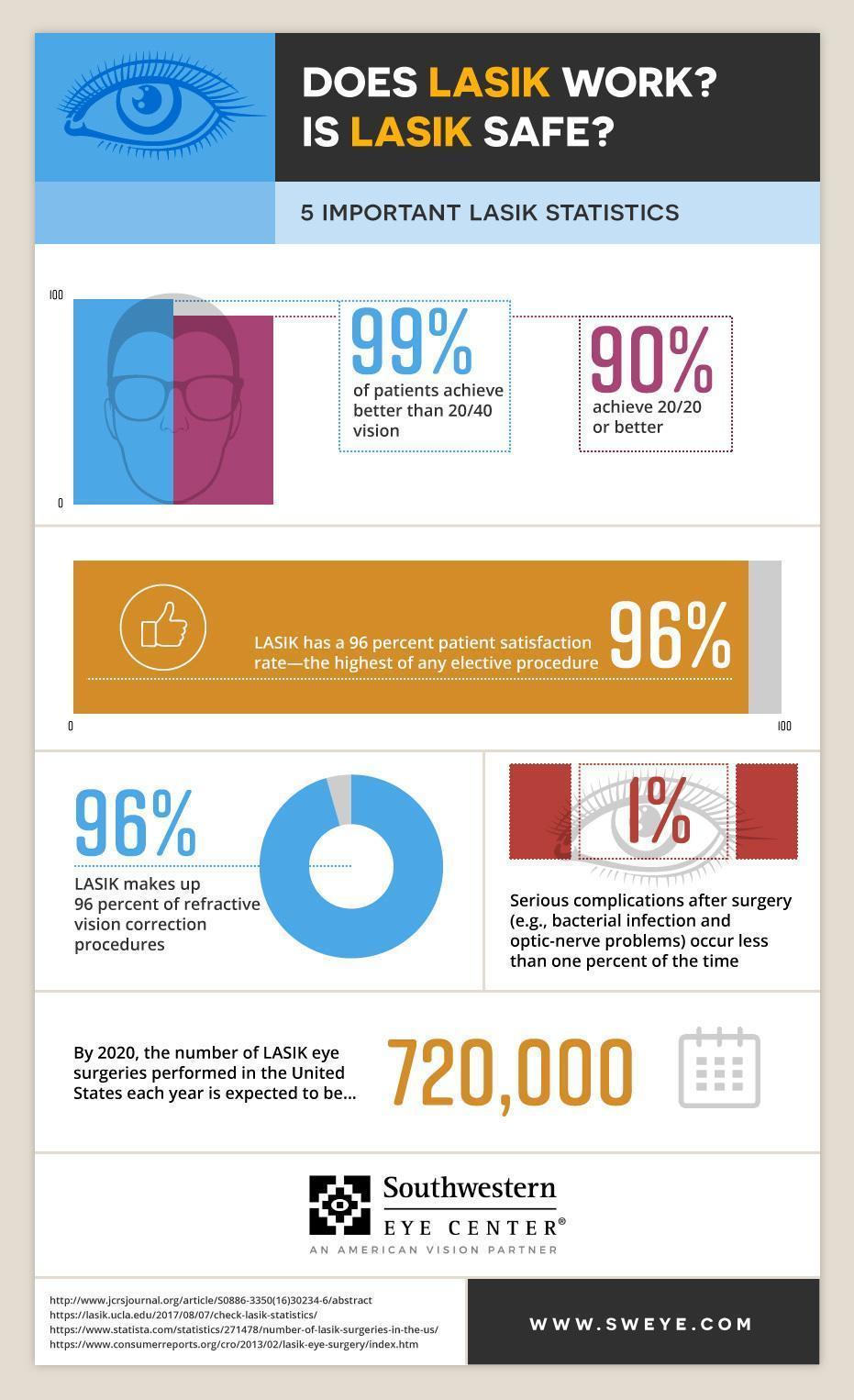Waiting On SMILE Surgery? Explore Crucial Considerations And Insights To Aid You Make An Educated Decision About Your Visual Future
Waiting On SMILE Surgery? Explore Crucial Considerations And Insights To Aid You Make An Educated Decision About Your Visual Future
Blog Article
Web Content Written By-Lundgreen Cooley
If you're considering SMILE eye surgical procedure, consider this: are you prepared to embrace possible aesthetic liberty, or does the idea of any kind of threats make you think twice? Your decision will certainly depend upon a cautious balance of weighing the advantages versus the uncertainties. It's important to dive much deeper into the nuances of SMILE surgery to make an enlightened selection that lines up with your aesthetic objectives.
Recognizing SMILE Eye Surgical Procedure
When considering SMILE Eye Surgery, it is very important to comprehend the treatment and its benefits. SMILE, which stands for Little Incision Lenticule Removal, is a minimally intrusive laser eye surgery that corrects common vision problems like nearsightedness (nearsightedness).
During the treatment, your eye doctor will make use of a femtosecond laser to create a small laceration in your cornea. Pros And Cons Of Monovision , a small disc of tissue called a lenticule is gotten rid of, improving the cornea and remedying your vision.
One of the crucial benefits of SMILE Eye Surgery is its quick healing time. Many people experience improved vision within a day or more after the treatment, with very little discomfort.
In addition, SMILE is understood for its high success price in offering long-lasting vision adjustment. Unlike LASIK, SMILE doesn't need the production of a flap in the cornea, reducing the risk of problems and enabling an extra secure corneal structure post-surgery.
Comprehending the procedure and its advantages is crucial when thinking about SMILE Eye Surgical treatment for vision improvement.
Benefits and drawbacks of SMILE
Thinking About SMILE Eye Surgical treatment for vision adjustment comes with numerous advantages and potential drawbacks.
Among the main pros of SMILE is its minimally invasive nature, as it entails a little cut and usually leads to fast recovery times. The treatment is additionally known for causing very little discomfort and completely dry eye signs post-surgery contrasted to various other vision improvement techniques. Furthermore, SMILE has actually been shown to give exceptional aesthetic results, with several patients achieving 20/20 vision or far better.
On the other hand, a possible disadvantage of SMILE is that it may not appropriate for individuals with extreme refractive mistakes, as the treatment range is somewhat minimal contrasted to LASIK. An additional factor to consider is that the discovering contour for doctors implementing SMILE can influence the availability of skilled carriers in particular areas.
It is necessary to evaluate these advantages and disadvantages meticulously when deciding if SMILE is the best selection for your vision adjustment requirements.
Identifying Qualification for SMILE
To establish if you're qualified for SMILE eye surgical procedure, your ophthalmologist will carry out an extensive evaluation of your eye health and vision requirements. During New LASIK , elements such as the security of your vision prescription, the thickness of your cornea, and the overall health and wellness of your eyes will be examined.
Generally, cataract surgery when to do it for SMILE are over 22 years of ages, have a steady vision prescription for a minimum of a year, and have healthy corneas without problems like keratoconus.
Your optometrist will likewise consider your overall eye wellness, any existing eye problems, and your way of life needs to identify if SMILE is the appropriate selection for you. It's necessary to connect any specific visual requirements or problems you might have throughout this analysis to make certain that the treatment lines up with your assumptions.
If you aren't qualified for SMILE, your ophthalmologist might recommend alternative vision correction alternatives that better fit your individual requirements and eye health and wellness status.
Verdict
Inevitably, deciding whether SMILE eye surgery is right for you requires mindful consideration of your individual eye health and wellness and aesthetic needs. Consult with your ophthalmologist to identify your qualification for the treatment and consider the possible advantages and drawbacks. Bear in mind to communicate any kind of problems or inquiries you may have during the analysis procedure to make an enlightened decision about your vision modification choices.
